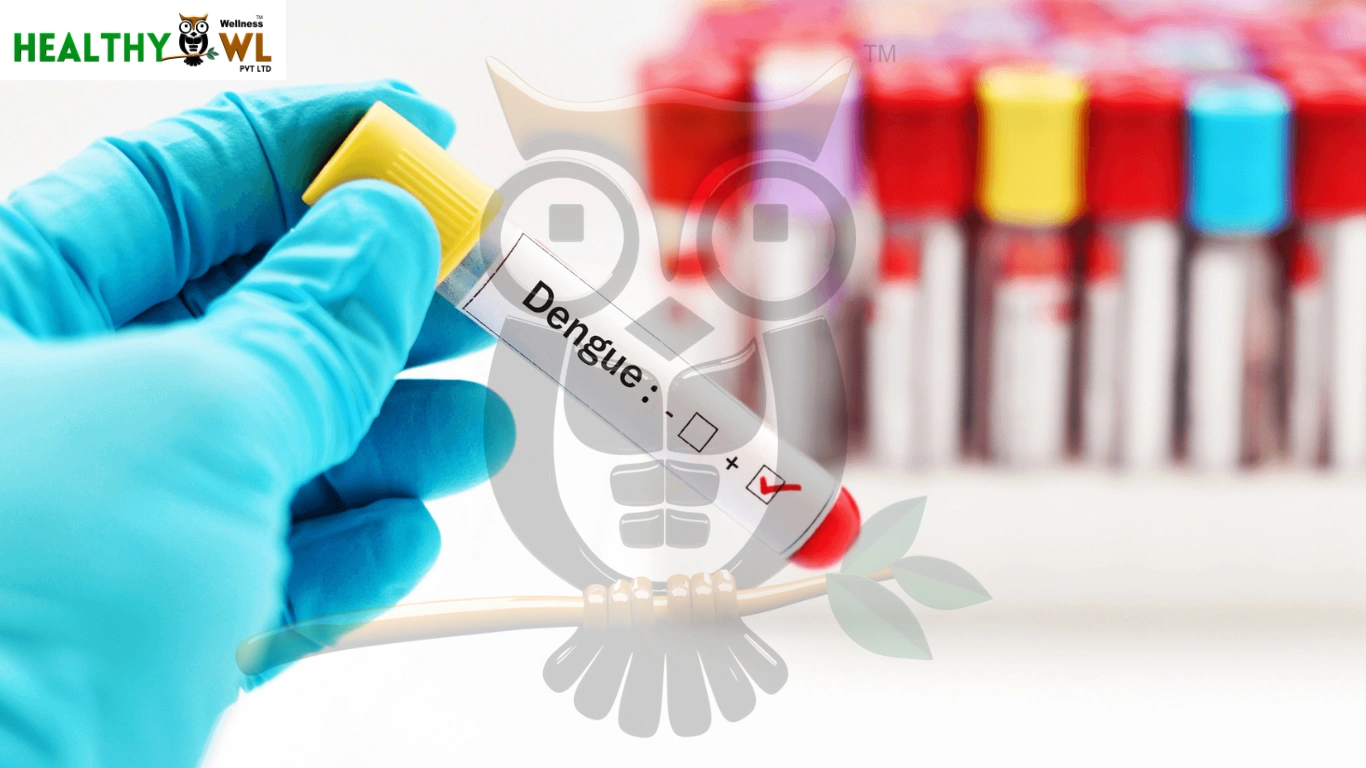Managing thyroid conditions like hypothyroidism and hyperthyroidism can feel like a delicate balancing act. These two conditions impact the body’s metabolism in very different ways, yet both can be effectively managed through diet and healthy lifestyle changes. Whether your thyroid is underactive or overactive, the food you eat plays a crucial role in regulating your symptoms and optimizing your overall well-being.
Understanding the Thyroid
The thyroid, a small butterfly-shaped gland in your neck, plays a significant role in regulating metabolism. In hypothyroidism, the thyroid doesn’t produce enough hormones, slowing down bodily functions like heart rate and metabolism. Conversely, hyperthyroidism occurs when the thyroid is overactive, speeding up metabolism and causing symptoms like rapid heartbeat and weight loss.
Foods to Eat for Hypothyroidism
If you have hypothyroidism, the goal is to support your thyroid and help it produce more of the hormones your body needs. Here are some key nutrients to include in your diet:
- Iodine: Iodine is essential for thyroid hormone production. While most people can meet their iodine needs through iodized salt, dairy, eggs, and seaweed, it’s important to note that individuals with autoimmune thyroid diseases like Hashimoto’s may actually worsen their condition by consuming too much iodine. Personalized advice from a healthcare provider is critical in these cases.
- Selenium: Selenium is a powerful antioxidant that protects the thyroid and helps convert thyroid hormones into their active form. Foods rich in selenium include Brazil nuts, tuna, sunflower seeds, and whole grains.
- Zinc: Zinc helps regulate thyroid function and supports the immune system. Include zinc-rich foods like pumpkin seeds, oysters, and legumes in your diet.
- B-Vitamins: People with hypothyroidism often have low levels of B-vitamins, especially B12. To support energy levels and reduce fatigue, add foods like eggs, dairy, fish, and fortified cereals to your daily routine.
Foods to Avoid for Hypothyroidism
While certain foods can support thyroid function, others can hinder it, especially when eaten in large amounts:
- Goitrogens: Goitrogens are compounds found in cruciferous vegetables like broccoli, cauliflower, and kale. When eaten raw in large quantities, these can interfere with thyroid function. However, cooking them reduces their goitrogenic effect. Boiling and steaming cruciferous vegetables are effective cooking methods to lower goitrogen levels, making them safer for those with hypothyroidism. Enjoy these nutritious veggies cooked for better thyroid support!
- Soy Products: Soy contains isoflavones, which can interfere with the thyroid’s ability to produce hormones. It’s best to consume soy products in moderation, especially if you’re already taking thyroid medication.
Foods to Eat for Hyperthyroidism
With hyperthyroidism, the thyroid is overactive, so the focus is on calming the thyroid and preventing further overproduction of hormones. A nutrient-rich diet can help manage symptoms:
- Antioxidant-Rich Foods: Since hyperthyroidism can be caused by autoimmune conditions like Graves’ disease, antioxidant-rich foods like berries, leafy greens, and oranges can help reduce inflammation and protect against cell damage.
- Calcium and Vitamin D: Hyperthyroidism can lead to bone loss, so it’s important to strengthen your bones with calcium and vitamin D. Include foods like fortified dairy products, leafy greens, and fatty fish such as salmon and mackerel.
- Healthy Fats: Healthy fats like those found in avocados, nuts, seeds, and olive oil are important for stabilizing energy levels and reducing inflammation.
- Magnesium and Potassium: Foods like bananas, leafy greens, almonds, and sunflower seeds are rich in magnesium and potassium, which help soothe hyperthyroid-related muscle issues.
Foods to Avoid for Hyperthyroidism
To keep symptoms in check, it’s crucial to avoid certain foods that can trigger or exacerbate hyperthyroidism:
- Excess Iodine: Since iodine stimulates thyroid activity, people with hyperthyroidism should be cautious with iodine-rich foods like seaweed, iodized salt, and shellfish.
- Caffeine and Sugary Foods: Caffeine and sugar can heighten hyperthyroid symptoms such as anxiety, palpitations, and tremors. It’s best to limit coffee, sugary drinks, and desserts.
- Processed Foods: Processed foods often contain added sugars, unhealthy fats, and sodium, all of which can worsen thyroid-related symptoms and lead to weight fluctuations.
Healthy Habits for Thyroid Health
Beyond diet, adopting certain healthy habits can improve thyroid function and overall well-being:
- Regular Exercise: Exercise can help manage weight, improve mood, and boost energy levels—critical factors for those with thyroid disorders. For hypothyroidism, low-impact exercises like swimming, light strength training, or Pilates can combat fatigue and promote metabolism. For hyperthyroidism, consider engaging in restorative yoga, tai chi, or other relaxing activities that focus on reducing stress without overstimulation.
- Stress Management: Chronic stress can elevate cortisol levels, negatively impacting thyroid function. Practices like mindfulness, meditation, and adequate sleep can help regulate the body’s stress response and support thyroid health.
- Hydration: Staying hydrated is essential for metabolic processes, digestion, and overall health. Aim to drink at least eight glasses of water a day, and even more if you’re active.
- Gut Health: Supporting gut health is vital for nutrient absorption and overall well-being. Consider incorporating foods like yogurt, kefir, and high-fiber options such as oats, chia seeds, and legumes into your diet.
- Personalized Supplement Advice: Working with a nutritionist can help you determine the appropriate supplementation for thyroid conditions, especially regarding iodine, selenium, and zinc.
Conclusion
Managing thyroid conditions like hypothyroidism and hyperthyroidism requires a careful balance of nutrients and lifestyle adjustments. By focusing on the right foods and avoiding those that exacerbate symptoms, you can support your thyroid and improve your quality of life. Remember, individual needs may vary, so it’s essential to consult with a healthcare provider for personalized advice.
Call to Action
For personalized nutrition plans tailored to thyroid health, reach out to Healthy Owl Wellness and book an appointment with one of our certified nutritionists today!
Sources:












